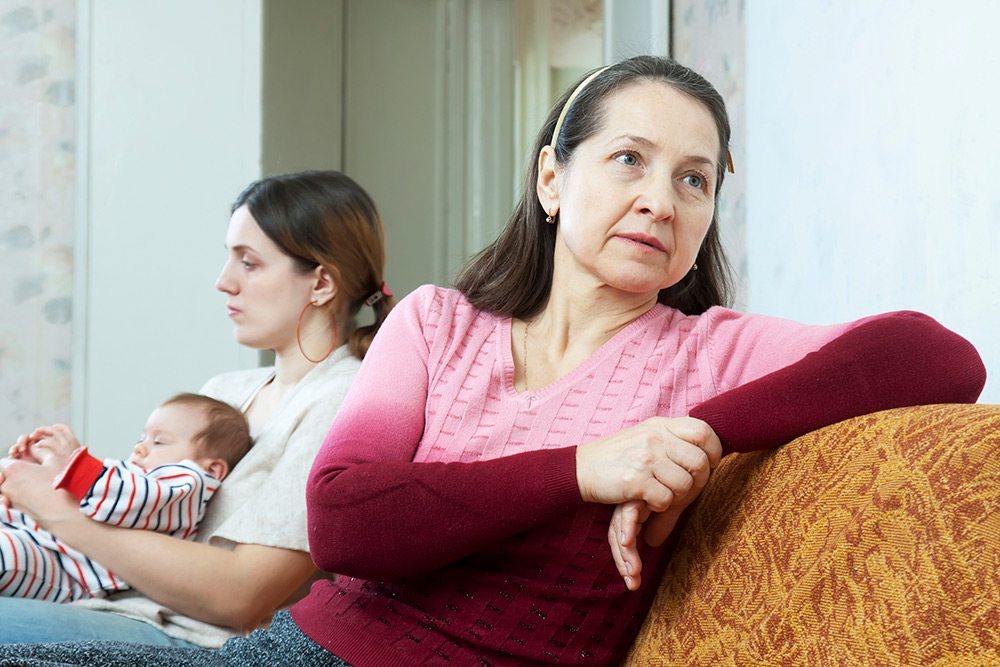It’s important that parents take care of their own mental health while taking care of their child. Parents that are stretched beyond their limits can find it increasingly difficult to cope with stressors, which can lead to burnout, anxiety and depression. According to a 2022 study by the National Institute of Health (NIH), nearly one-third of caregivers of children reported that their mental heath was suffering at least in part due to caregiver burdens. Mitigating these stressors can be difficult, as often:
- Medically-complex children require close monitoring and specialized care
- Finding appropriate care isn’t easy and can be costly
Signs of Caregiver Stress and Burnout
 Because caregiving is typically a long-term commitment, it is important to get both physical and emotional support. Caregivers lacking a support network risk vulnerability to depression, anxiety and burnout. When this happens, both the person being cared for and the caregiver suffer. One of the ways to avoid or manage caregiver stress and burnout is being able to recognize the first signs that more support may be needed.
Because caregiving is typically a long-term commitment, it is important to get both physical and emotional support. Caregivers lacking a support network risk vulnerability to depression, anxiety and burnout. When this happens, both the person being cared for and the caregiver suffer. One of the ways to avoid or manage caregiver stress and burnout is being able to recognize the first signs that more support may be needed.
Common indicators of caregiver stress:
- Anxiety
- Depression
- Irritability
- Feeling tired or run-down
- Poor sleep quality or insomnia
- Disproportionate emotional reactions to smaller obstacles
- Deteriorating health
- Trouble focusing
- Increasing resentment over time
- Maladaptive coping mechanisms (excessive drinking, smoking or overeating)
- Neglecting responsibilities
- Cutting back on leisure activities
 Common indicators of caregiver burnout:
Common indicators of caregiver burnout:
- Decreased energy levels
- Exhaustion that doesn’t go away after sleep or a break
- Feeling of helplessness and hopelessness
- Increasing impatience or irritability with the care recipient
- Trouble relaxing even when downtime is possible
- Neglect of caregiver needs
- Weakened immune system (getting sick very often)
- Neglecting self-care needs
Dealing with Burnout
Burnout can prevent caregiving from being a healthy option for either caregiver or care recipient, so it is paramount that caregivers take action to prevent burnout when signs of stress become more prevalent. Because feelings of powerlessness are one of the major signs of burnout, caregivers should seek help when they feel that they cannot provide optimal caregiver help. When a parent needs time to re-charge, respite care can be the answer.
Read More about Caregiver Mental Health and Self-Care:
- When the Caregivers Need Healing
- Finding Respite Care Providers: A Short Guide
- Self-Care Checklist for Caregivers
- Managing It All: A Guide for Family Caregivers
- The Family Caregiver Toolbox
Do you need someone to talk to?
We want to hear your story. HIE Help Center is owned by ABC Law Centers, a law firm pursuing only birth injury cases since 1997. The intake team at ABC Law Centers is ready to listen to every detail of what you and your family may have gone through during labor and delivery. Our joint team of lawyers and nurses has reviewed and handled thousands of cases and are trained to recognize if it was medical malpractice that lead to your child’s diagnosis. Our attorneys can advise if taking legal action would be the right move for you and your family.
Call us at (888) 329-0122 to speak with a member of our intake team.

